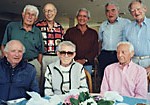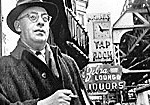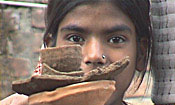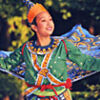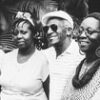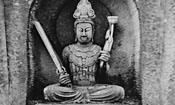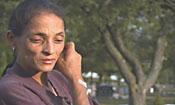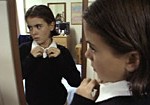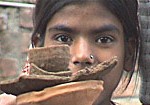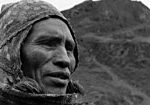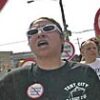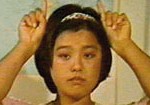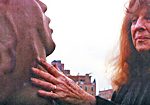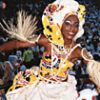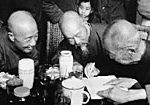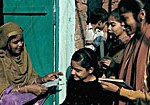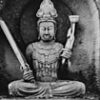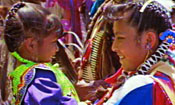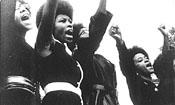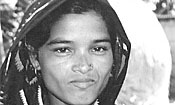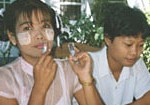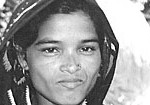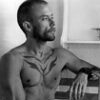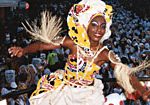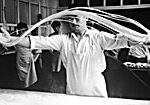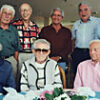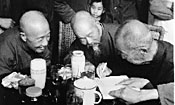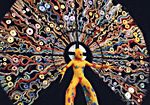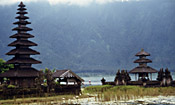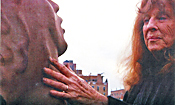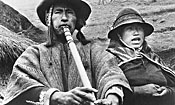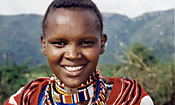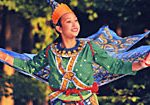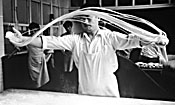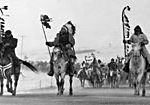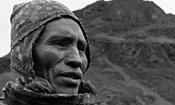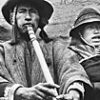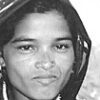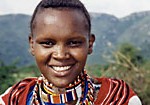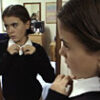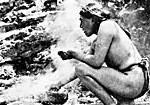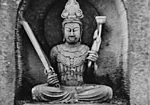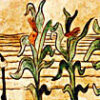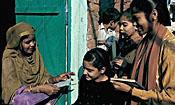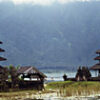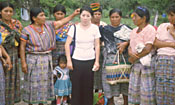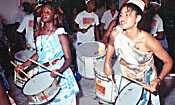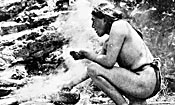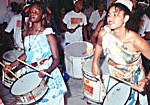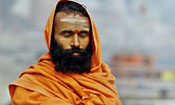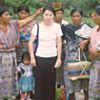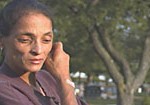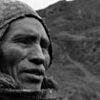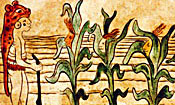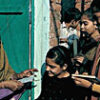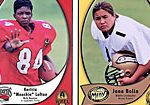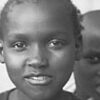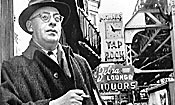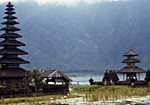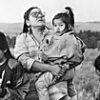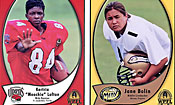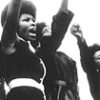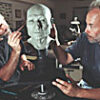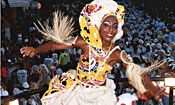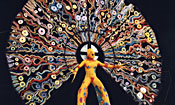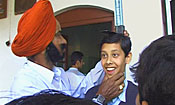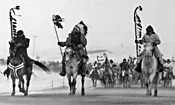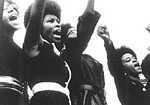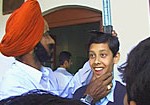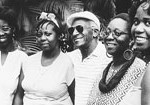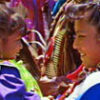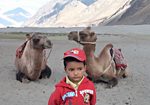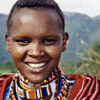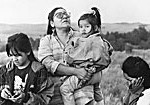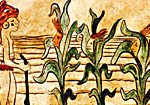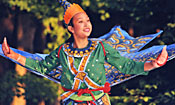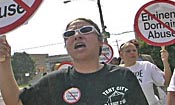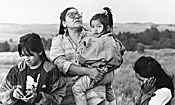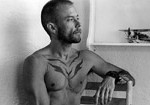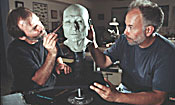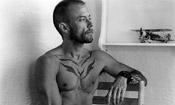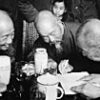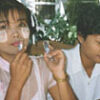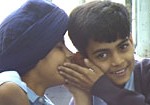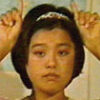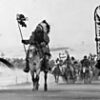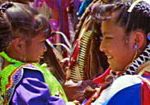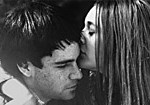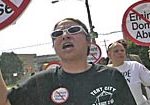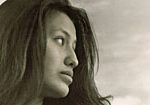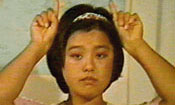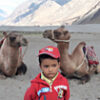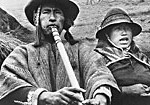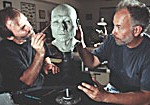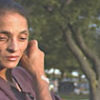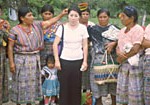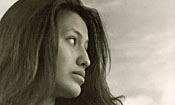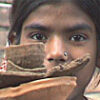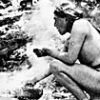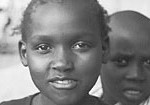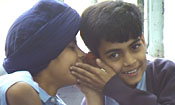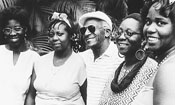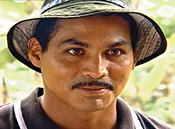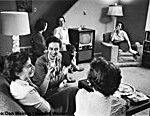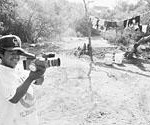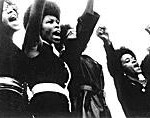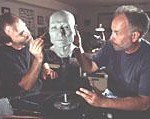Price: $250.00
This incisive and multifaceted documentary powerfully demonstrates how coffee drinkers in this and other developed countries hold in their hands the fate of farm families, farming communities, and entire ecosystems in coffee-growing regions worldwide.
Product Description
This incisive and multifaceted documentary explores the inextricable economic and environmental connections between farmers in Latin America, coffee drinkers in the U.S., and the fate of migratory songbirds throughout the Americas. The film powerfully demonstrates how coffee drinkers in this and other developed countries hold in their hands the fate of farm families, farming communities, and entire ecosystems in coffee-growing regions worldwide.
Birdsong and Coffee is divided into two sections. The first examines the background and global intricacy of the “coffee crisis,” an ongoing situation that Seth Petchers of Oxfam International describes as a “humanitarian catastrophe.” Coffee is the second most-traded commodity on earth, after oil. Interweaving a wide array of expert commentary, the film shows that 25 million coffee growers worldwide are paid a mere pittance in the corporate marketplace while bearing the full brunt of global price fluctuations.
When prices crash, farmers go hungry and their children are forced to drop out of school. Families are separated, communities disintegrate, and the land is cleared for other crops or other means of livelihood. Such clearing of the land — like the more “efficient” process of sun-grown coffee production — disrupts the ecosystem in ways that have deadly consequences for migratory songbirds, in particular, and for global ecological balance, in general.
To illustrate, we meet the coffee growers of Agua Buena in the rainforest of southern Costa Rica, who welcome us into their homes and fields and describe in their own words the labor-intensive process of shade-grown coffee production. Their lives vividly exemplify the unjust effects of global market mechanisms that keep coffee growers’ prices down even as the retail prices for coffee increase in the U.S.
The second section of the film examines a variety of simple but effective solutions to the coffee crisis based on what Robert Rice of the Smithsonian Migratory Bird Center calls the “natural organic connection that exists between farmers, coffee drinkers, and birds.” Featured are students, faculty, and staff at the University of California at Santa Cruz, who introduce and explain the rationale behind and the importance of Fair Trade coffee. They and others demonstrate that by changing our buying habits, coffee consumers can not only guarantee farmers a fair price and a sustainable livelihood, but also protect migratory songbirds and the global environment — all while enjoying the highest-quality coffee, sometimes even sent directly to our homes by the farmers themselves.
The film also clearly explains the differences between market designations for coffee such as Free Trade, Fair Trade, Fair Trade Organic, Fair Trade Direct, and Bird-Friendly and Shade Grown, and it concludes by suggesting ways for viewers to become involved in the Fair Trade movement in their own communities.
The DVD also contains several Special Features that enhance its usefulness in the classroom. These include Coffee To Go, a 23-minute version of the whole film that was edited down to air on the PBS series Natural Heroes in the Fall of 2007. This edited version focuses on the Fair Trade Direct relationship between coffee farmers in Costa Rica and students at the University of California at Santa Cruz. It encapsulates in a shorter version much of the key information in the complete film. There is also a 10-minute Special Feature that explains “Agroecology” and a 16-minute Feature on the Community Agroecology Network at the University of California at Santa Cruz.
Birdsong and Coffee will engage students and motivate thought and discussion in a variety of courses in development and global studies, Latin American studies, economics, environmental issues, ethics, ornithology, and political science. It was produced by John Ankele and Anne Macksoud for Old Dog Documentaries.

